Weekly Reader: Celebrating Valentine’s Day with Yiddish
Valentine’s Day can seem like the ultimate Hallmark Holiday—more a way for the greeting card, chocolate, and flower industries to make a quick buck than a real occasion. But the roots of Valentine’s Day as a celebration of romantic love go back to the early modern period at least, and its origins as a Catholic feast day even earlier than that. For most people today it’s an occasion to either ignore completely or to celebrate with a loved one. Whether or not February 14 has any special significance, we can all agree that love is worth celebrating. And if you’re celebrating love, why not do it in Yiddish?
—Ezra Glinter, Senior Staff Writer and Editor
Song of Songs
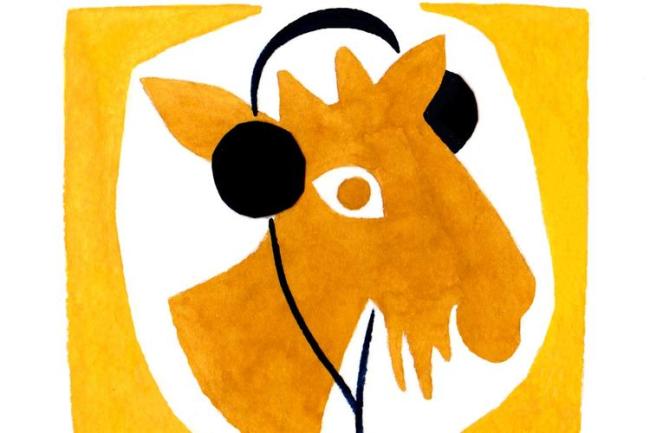
If ever there was a romantic text in Judaism, it’s the biblical Song of Songs, which, in rabbinic tradition, is all about the love between God and the Jewish people. We won’t tell you how you should read it, but Joseph Rumshinsky and Anshel Shor might have. In 1911 the duo composed a musical comedy titled Shir hashirim (Song of Songs) that features several interlocking love triangles, one of which includes an aging composer along with his children and their lovers and friends. Ronald Robboy and Alex Weiser recently reconstructed the musical from archival materials and staged it as an operetta performed by students of the Bard Conservatory Arts Program.
Listen to a podcast interview with Ronald Robboy and Alex Weiser
Epistolary Romance
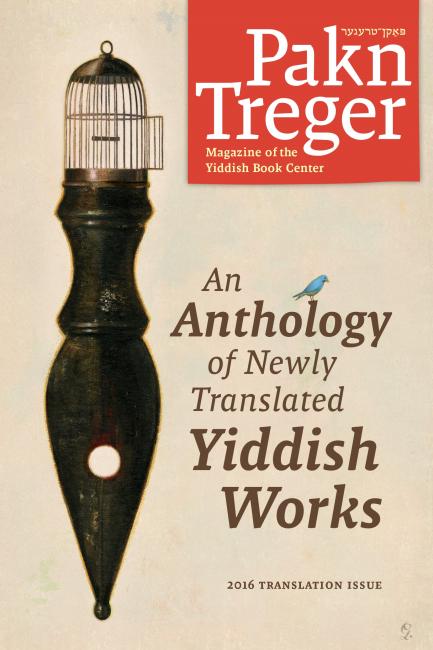
If you’re looking for dating advice, you may want to avoid H. D. Nomberg. Many of Nomberg’s stories grapple with alienation, depicting lost and lonely characters trying to find their place in the modern world. Then again, maybe that’s just the thing. “Briv” (“Letters”), a story translated by Daniel Kennedy, is an epistolary romance of sorts, with a twist.
Love in the Air
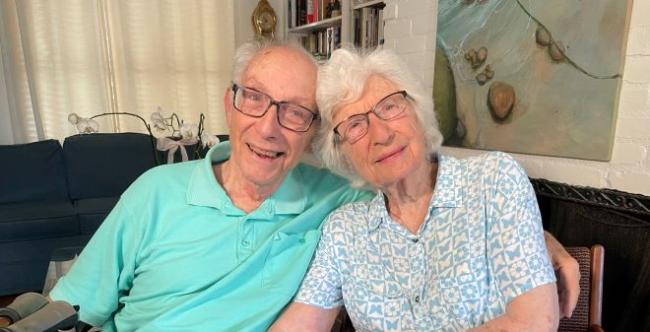
As you might imagine, we’ve heard plenty of heartwarming love stories over the years from interview subjects in our Wexler Oral History Project. A few years ago we put together a collection of them to celebrate Valentine’s Day, along with an even more comprehensive YouTube playlist. These stories have romantic inspiration by the bucketful.
Watch a collection of love stories from the Wexler Oral History Project
Sex Ed
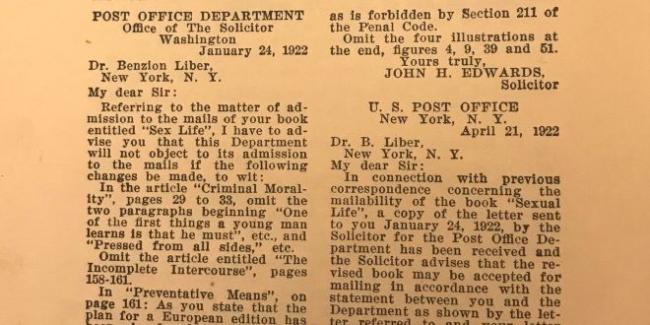
No matter how you spend Valentine’s Day, it’s always important to practice safe sex. Teaching people that lesson was the mission of Dr. Ben-Zion Lieber, whose 1917 book Dos geshlekhts leben: a populer-visenshaftlikh bukh (Sexual Life: A Popular Science Book) contains a series of articles on sexual health, family planning, healthy eating, and more. But then, as now, sex ed was a controversial topic, and the book was suppressed by the post office until Lieber agreed to make some “small, stupidly insignificant” changes.
Read “Yiddish, Sex, and the Post Office”
Read Ben-Zion Lieber’s books in the Steven Spielberg Digital Yiddish Library
Love of Ages
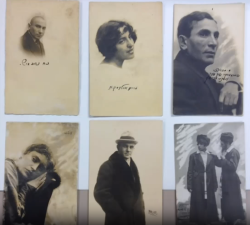
Which is the greatest Yiddish love story of all time? There are a lot of contenders, but you could make a compelling case for S. An-sky’s The Dybbuk. Think about it—in An-sky’s play the suitor Khonen literally comes back from the dead to be with his beloved Leye. Then again, maybe spirit possession isn’t the most advisable romantic strategy. So maybe it’s another famous (or infamous) Yiddish play, Sholem Asch’s God of Vengeance, which features a refreshingly non-heteronormative love affair between the prostitute Manke and the brothel keeper’s daughter, Rivkele. One thing both plays have in common, besides boundary-crossing romances, is that they were both performed by the Vilna Troupe, one of the most acclaimed prewar Yiddish theater companies.
Watch a virtual public program about the Vilna Troupe and God of Vengeance
